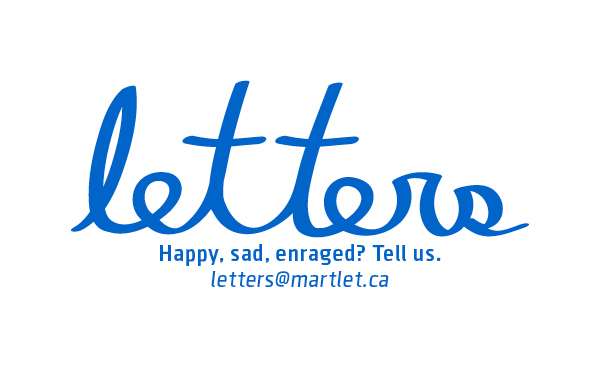
We applaud staff writer Natasha Simpson for tackling the matter of inclusion in the schools of British Columbia (“Blood and Bruises: Inclusive Classrooms Gone Wrong,” April 18). Simpson covers a number of issues pertaining to the inclusion of children who may be traumatized and act violently. However, we wish to address misleading points. The article minimizes the good work being done by the Teacher Education Program at UVic to provide our teacher candidates with a principled and carefully planned introduction to teaching in schools. It also fails to clarify what inclusive education means, losing sight of how important inclusion is to our students and our education system.
Inclusive education means that all students benefit from an educational environment where their needs are understood, acknowledged, and supported. For inclusive education to be successful, teachers and school leaders need to believe that all students belong in regular classrooms; teachers need to be provided with the right tools and support, time for teacher planning, and communication with parents, and they need to feel confident in teaching all students in those classrooms. Achieving effective inclusive education develops over time with focused, collaborative, and coordinated efforts on the part of everyone involved.
A quote by Jane, one of the administrators interviewed for the article, states, “the UVic education department has [no] idea what classrooms are currently like” and Simpson’s contention that UVic’s Teacher Education “department” is “fail[ing] to educate.” These are inaccurate views.
The UVic Teacher Education program provides teacher candidates with the initial knowledge and skills needed to address the diversity of student needs they will encounter in their classrooms. As well as considerable course work focused on preventing conflict and aggression in the classroom, our teacher candidates are exposed to classroom realities when they are paired with practicing mentor teachers in schools. Our instructors partner with K to 12 teachers to undertake research, and collaborate – on site, in schools – to jointly teach courses in our programs. Faculty and students are also offered the opportunity to tutor children with special needs at our Centre for Outreach Education (CORE). We offer in-service education and training to practicing teachers through our graduate level programs and our highly subscribed Special Education Certificate and Diploma programs. All of our programs are developed in consultation with inclusive classroom teachers and school district leaders. Inclusive education is foundational to our educational programs, aligning with the BC Ministry of Education policy and mandate on inclusive education.
In the article, Simpson introduced a teacher named Emily, who learned how to “restrain” children at a workshop. When diffusing violent situations, teachers must be careful not to inflict physical harm on a student. The potential for causing harm escalates when physically restraining a violent student, which is why restraint techniques are not part of our program. Teacher candidates are taught strategies for fostering a positive environment and avoiding physical struggles by helping all students to self-regulate. These approaches enhance safety for all in the classroom when a student becomes aggressive.
We are concerned by current attempts to undermine inclusion and welcome administrator Jane, staff writer, Natasha Simpson, and anyone else who is interested to visit our Faculty to learn more about what we do. Our faculty and our student association are working together to offer a full day workshop on inclusive education, connecting with the community and people in the field. It takes place on Saturday, October 26, 2019 and we welcome participation.
Signed,
Ralf St. Clair
Dean, Faculty of Education






